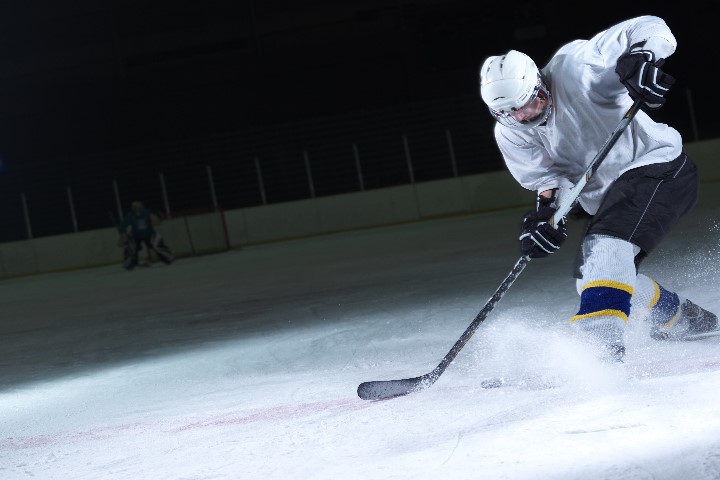In mid-April, Humboldt Broncos hockey player Ryan Straschnitzki woke up to a devastating sight – dozens of teammates and others lying dead and injured in the wreckage of the team bus along a Canadian highway.


In mid-April, Humboldt Broncos hockey player Ryan Straschnitzki woke up to a devastating sight – dozens of teammates and others lying dead and injured in the wreckage of the team bus along a Canadian highway.
“It was pretty devastating seeing my teammates lying there, bloodied and whatnot,” he told CBC News. “My first instinct was to get up and help them, but I couldn’t move my legs.”
Over the next few days Straschnitzki learned that 10 of his junior college teammates, and six others on board the bus died in the collision with a semi-truck north of Tisdale, Saskatchewan. The tragic crash, which reverberated throughout the world, left Straschnitzki with a broken neck, back and left clavicle, and he’s now paralyzed from the neck down.
Doctor’s don’t believe he’ll ever walk again, but the 18-year-old defenseman said there was also another, perhaps more profound, change.
CBC News reports:
Straschnitzki views his survival as a second chance from God, an opportunity to do his part to improve the world in whatever way he can.
Hockey is the obvious answer, he said, adding that he has expressed an interest in continuing his sports career in sledge hockey. Becoming a public speaker is another potential avenue.
Straschnitzki told Global News he’s unsure when he’ll be able to head home to Alberta, but the support from his family and others since the crash is lifting his spirits and keeping him hopeful for the future.
James Davison Hunter in his seminal book, The Death of Character, found that a “child’s underlying attachment to a moral culture were the most important and consistent factor in explaining the variation in their moral judgments.” Even when subjected to rigorous statistical analysis, the conclusion is the same: the moral culture children were living within was the most important determinant of their behavioral predispositions.
“I’m pretty tired and pretty sore, but with the positive thoughts and with the support I’m getting I can pretty much deal with anything at this point,” he said.
During recovery, Straschnitzki said he’s simply focused on getting well and returning to hockey, while offering lessons from his experience to others going through struggles.
“I’m just going to not dwell on the past and do what my body is capable of doing,” he said. “Hopefully get on the ice again and play the sport I love, no matter what.”
And while Straschnitzki told the Calgary Sun he’s “just happy to be alive,” he’s already working toward a goal of one day making the Olympic sledge hockey team – a focus on the future he hopes will send a message to others struggling through life: “It gets better … Don’t give up …”
Teachers and principals working to strengthen moral and citizenship formation in their students can find information and strategies at the UK’s The Jubilee Centre. In The Jubilee Centre’s own words, the following illustrates how the centre views it work. “The Jubilee Centre is a pioneering interdisciplinary research centre on character, virtues and values in the interest of human flourishing. The Centre is a leading informant on policy and practice through its extensive range of projects contributes to a renewal of character virtues in both individuals and society.”